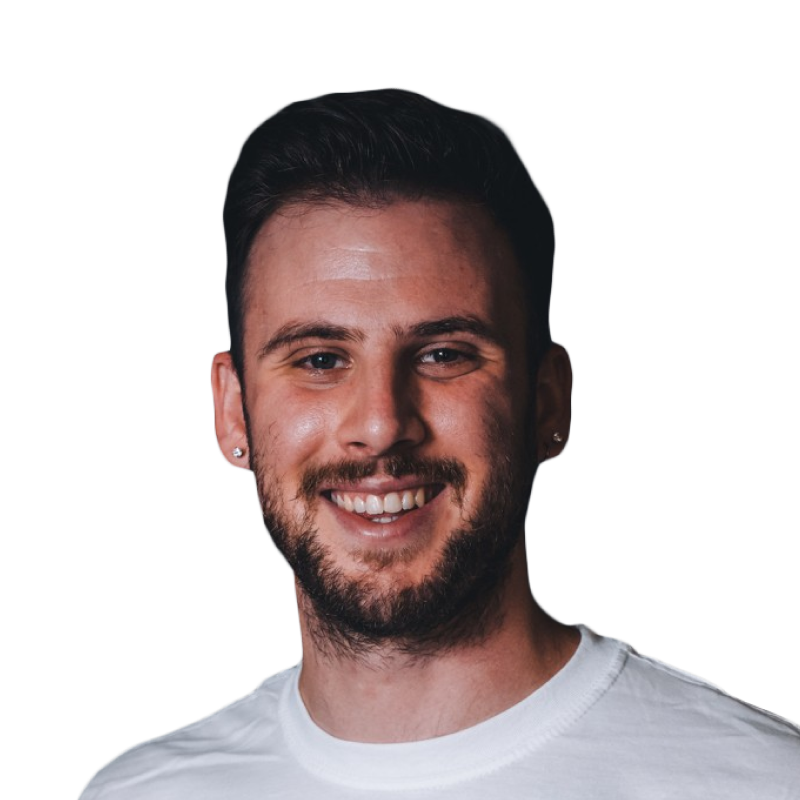Show Notes
"Until you experience a thing, you don’t know a thing. That’s what bothers me a lot with the investor world—unless you’ve done it, you don’t really know what the grind feels like."
In part 3, Bogdan Knezevic, co-founder and CEO of Kaleidoscope, unpacks how hands-on experience—from the grind at Frequency Therapeutics to launching the Rhodes Incubator—shaped his passion for biotech startups and team building.
He shares how meaningful connections and authentic outreach during his time at Creative Destruction Lab and Entrepreneur First helped pave the way to co-founding Kaleidoscope. Bogdan dives into the challenges of innovating biotech R&D infrastructure, the importance of collaboration, and why tackling high-impact problems drives his mission in a rapidly evolving industry.
Key topics covered:
- Discovering a passion for the startup life while working at Frequency Therapeutics
- Launching the Rhodes Incubator to support mission-driven founders
- Building co-founder relationships on shared values and trust
- Reimagining biotech R&D by uniting software, science, and design
- Creating opportunities through genuine outreach and strong networks
If you enjoy The Biotech Startups Podcast, please consider subscribing, leaving a review, or sharing it with your friends. Thanks for listening.
Resources & Articles
Biotech Fundraising Milestones Resource: https://blog.kaleidoscope.bio/biotech-milestones-for-effective-fundraising/
Exhalation: Stories: https://www.goodreads.com/book/show/41160292-exhalation
Stories of Your Life and Other: https://www.goodreads.com/book/show/223380.Stories_of_Your_Life_and_Others
Organizations & People
Kaleidoscope Bio: https://www.kaleidoscope.bio/
Creative Destruction Lab: https://creativedestructionlab.com/
Entrepreneur First: https://www.joinef.com/
Ahmed Elnaiem: https://www.linkedin.com/in/aelnaiem/
David Yen: https://www.linkedin.com/in/david-y-e-n/
Matt Clifford: https://www.linkedin.com/in/mattcliffordef/?originalSubdomain=uk




